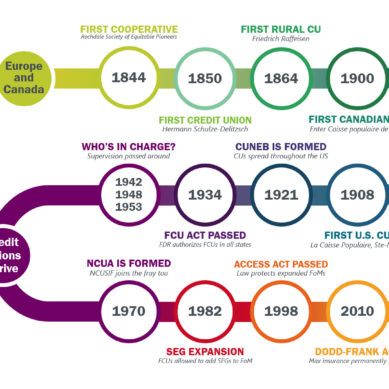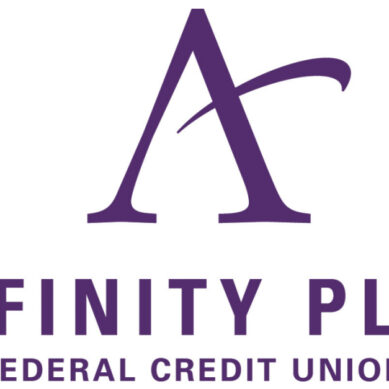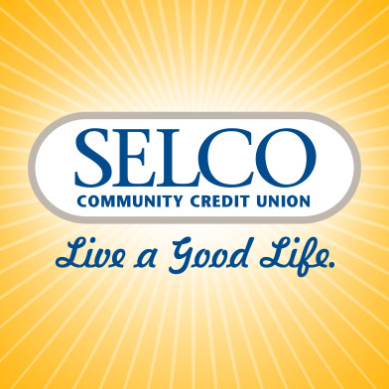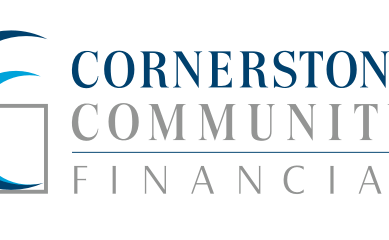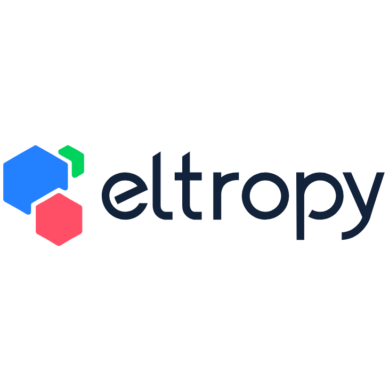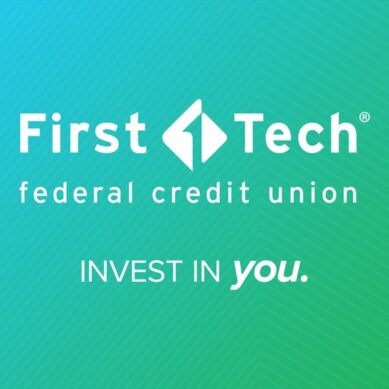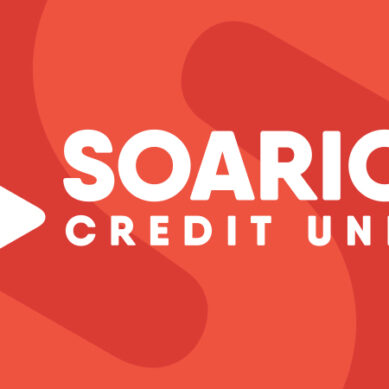Read more at chipfilson.com
During a week last summer at the Chautauqua Institute, one of my fellow attendees asked “What’s the difference between a bank and a credit union?”
The question was from a very successful executive who had been the senior staff director for four consecutive DC mayors. I felt an opening to give her the full 100-year story. I described credit unions’ progressive origins, the dramatic expansion after the passage of the 1934 FCU Act, and their current role as the second-largest depository system in the US.
Later, thinking back, I realized I hadn’t answered her question.
What I should have said
The difference between a bank and a credit union is three words: you own it.
That distinction will mean different things to people. For some, it indicates better rates. For others, it means convenience, trust, or serving the local community.
When one hears about a local grocery, hardware store, bar-brewpub, daycare center, or even a restaurant option that is a co-op, we instinctively believe there is something different from other choices. The inference is that organizers are doing more than just trying to succeed in a business.
The other side of the coin
The fact that You Own It generates consumer expectations is important. But the other responsibility of “ownership” is nurturing opportunities to be more than a consumer.
In some situations, this means taking turns serving in a daycare co-op; in others, it may mean patronage refunds (REI); in some grocery co-ops, members can sell their own baked goods. Or it can mean voting for directors at the annual meeting.
This unique customer-owner design anticipates that co-op leaders will be open to engaging with members beyond transactions. The co-op advantage depends on members’ willingness to participate in events and other activities to realize this unique potential.
When Geoff Johnson became CEO of the CUSO cooperative CU*Answers, he expressed this member-owner advantage as follows: “A cooperative will only ever be as good as its owners, and we have great ones.”
To that effect, my message for credit unions is to never be afraid of wanting more from your members. The more involved they become, and the more they act like owners, not just consumers, the better off you’ll be.
At their most successful, credit unions create fans with lifetime loyalty. Efficient, reliable transactions are important, but most institutions meet those minimum table stakes.
What makes credit unions special is their ability to transform the three words into interactions that provide value for both the co-op and the member. You Own It is an opportunity to put this advantage front and center in every member interaction.

